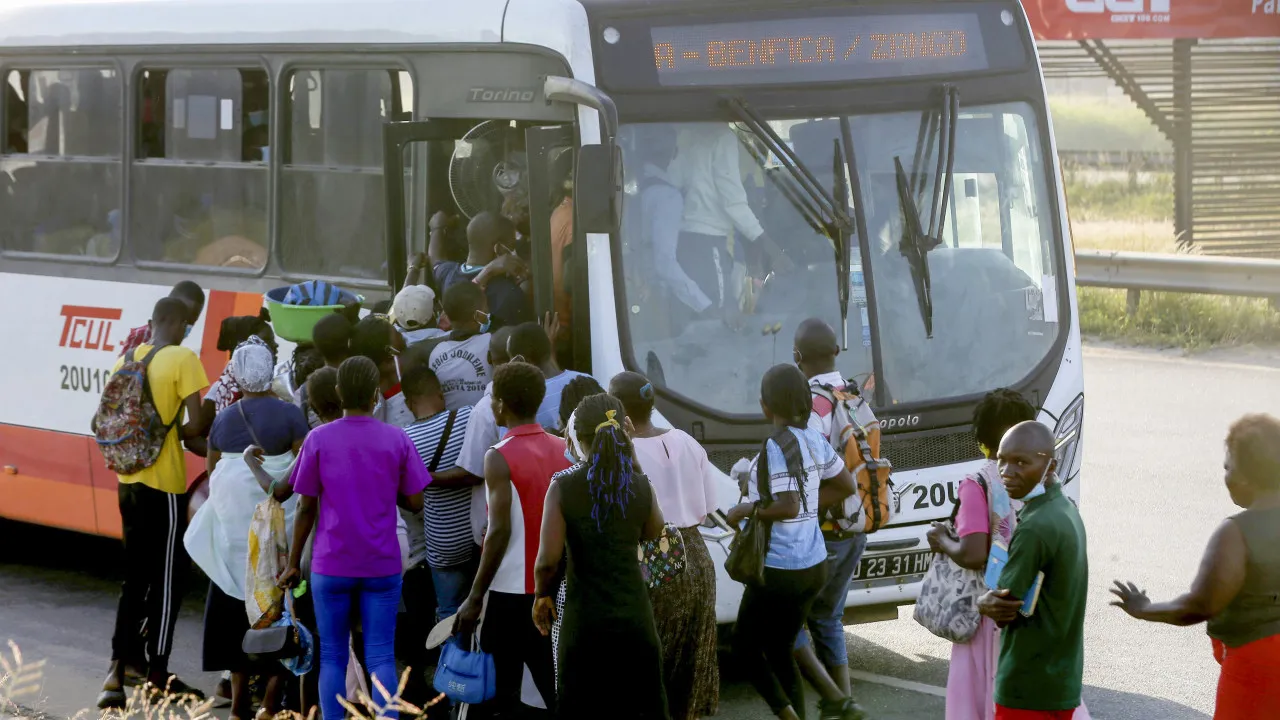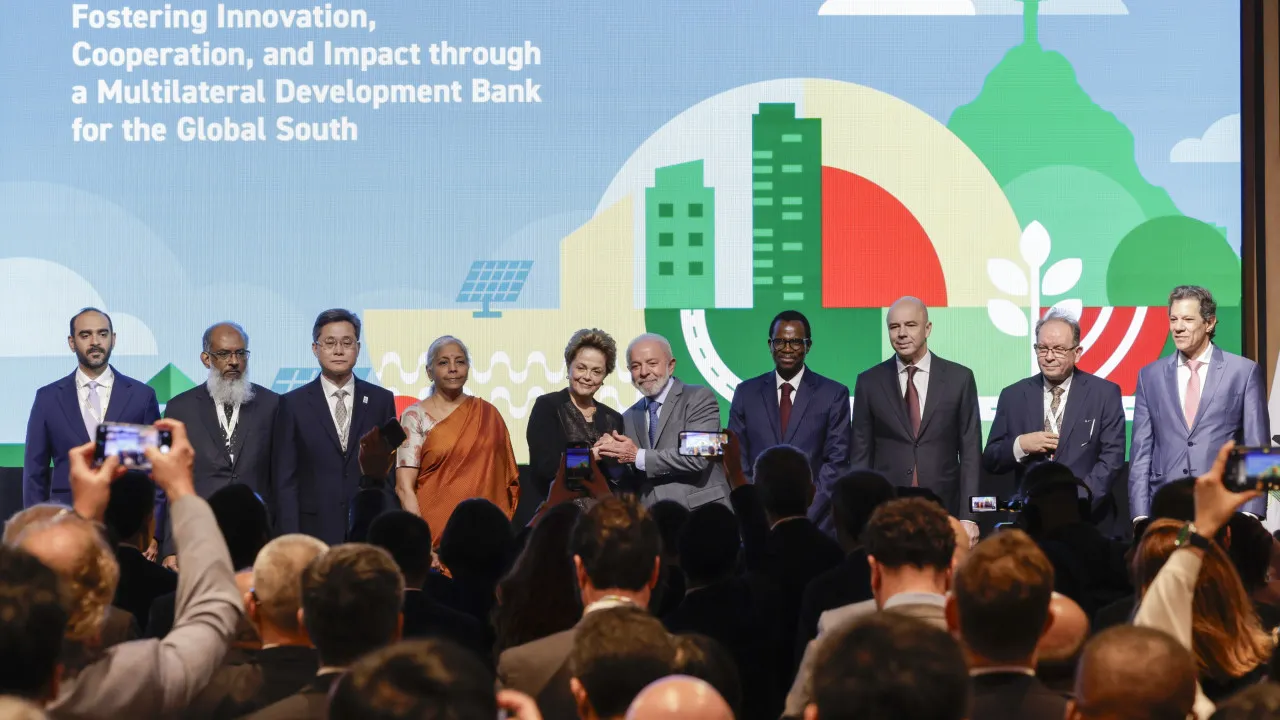Access to housing in Portugal has been deteriorating between 2019 and 2022. This is one of the main conclusions of the study ‘Affordability of Housing in Portugal’ by Century21 and explains that the main problem is related to the loss of purchasing power, but also with average house prices reaching an average increase of 38%, nationally, “while the increase in household disposable income, in the same time interval, stood at only 9%, on average in the district capitals”.
The document recalls that the net disposable income of families varies, in the district capitals, between 1,973 in Lisbon and 1,426 euros in Viana do Castelo, while the average of the district capitals is 1,545 euros. “Moreover, the average disposable income – gross income after taxes – of national households is much lower than in other European Union countries, namely Spain, as a result of the high tax burden applied to the income of the Portuguese.”
The results also point to “critical zones”, where there are effort rates above the ones recommended by the Bank of Portugal and Eurostat, in which an allocation equal or superior to 40% of the family income to access housing configures a situation of over effort, while the BdP defines a limit of 50% of the net income available for mortgage loans. And the numbers speak for themselves: “In Lisbon, a loan to buy a house demands an effort rate of 67% and in Porto 50%. Slightly lower, the effort rate in Faro is 39%”.







